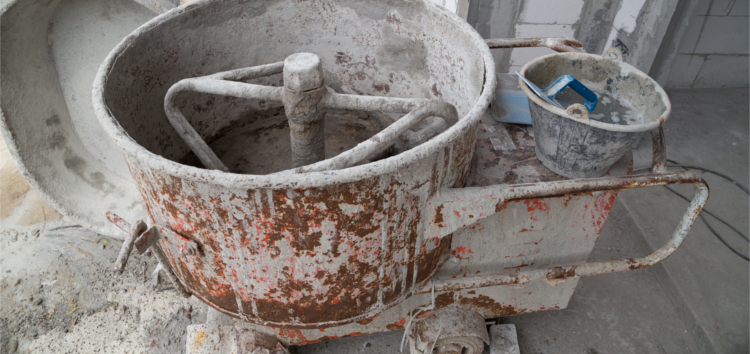If you have been diagnosed with silicosis, speak to a member of our team today and find out if you can claim.
CALL 0800 083 5500

Silicosis is a serious lung disease caused by inhaling tiny crystalline silica dust particles. You may be able to claim compensation for exposure to silica dust.
Silicosis is a serious lung disease caused by inhaling tiny crystalline silica dust particles. Silica is a common mineral found in many types of rock, sand, and soil. When silica dust is inhaled, it can lodge deep in the lungs, causing inflammation and scarring. Over time, this scarring can make it difficult to breathe.
If you have developed silicosis as a result of exposure to silica dust at work, you may be able to claim compensation from your employer or another responsible party. To make a successful claim, you must show that your employer was negligent in exposing you to silica dust.
Negligence means that your employer failed to take reasonable care to protect you from harm. This could include failing to provide you with proper safety equipment, failing to train you on how to work with silica dust safely, or failing to monitor the levels of silica dust in the workplace.
Even if the company you worked for no longer exists, you are still able to claim silicosis.
If you are considering claiming silicosis, you should speak to. Blackwater Law personal injury solicitors can provide free initial advice on your legal options and help you to make a successful claim.
Silicosis is caused by inhaling silica dust, which is often found in raw materials used in construction and manufacturing. Therefore, silicosis can be more prevalent in particular professions. These include but are not limited to:
Silicosis can cause several serious health problems, including:
Silicosis is a progressive disease, which means that it gets worse over time. There is no cure for silicosis, but treatment can help manage the symptoms and slow the progression of the disease.
Blackwater Law personal injury solicitors represented Mr Lamont in making a personal injury claim against ASDA in relation to occupational asthma arising due to inhalation of flour dust and yeast particles.

There are some things that can be done to prevent silicosis, including:
If you are concerned about your exposure to silica dust, you should speak to your employer. Your employer is legally obligated to look after your health and safety, including protecting you against the risks of silicosis.